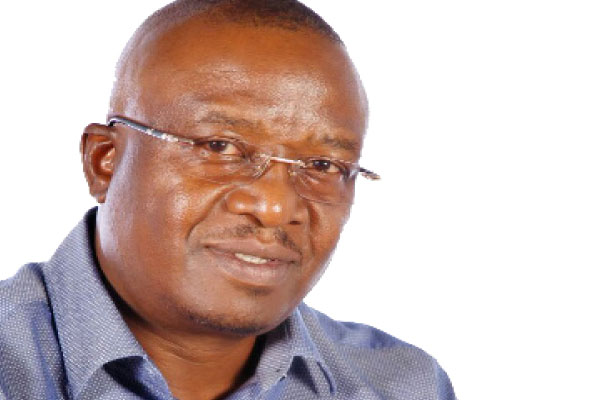A very good question: What next dear graduate? – Part II
What you need to know:
- Design. (O)ur education system concentrated on creating administrators and ignored carpenters, plumbers and farmers etc., yet most of the jobs are found there.
My piece last week seems to have gotten me more than I bargained for. Many agreed with me but a few felt I was too harsh and uncaring – rather ‘blunt’ they said. Of all the responses that I got, none piqued my attention more than Paul Ssendagire’s. In the interest of not being a one-size-fits-all columnist, we agreed with Paul that I cede my space to him for a right of reply. His is the real human story. While I have used parenthesis to edit some typos, these are his own words:
“My name is Ssendagire Paul (sic). I am a graduate of Economics and Management from Uganda Christian University – class of 2018. I work in Dubai as a painter - a job I got to learn from my brother during holidays.
I am writing in response to your article published in Saturday Monitor of February 8. The article was trying to answer a question posed by the recent Makerere graduates, ‘what next.’
First, I would like to thank you for such a beautiful, carefully thought-out piece of advice. I hope the targeted group will find it worth applying in their lives!
My main concern of writing is in regard to the last note in your article, ‘We could still ship you to the Middle East as a contract labourer.’
In your presentation, you seem to have a bias about those who move out in trying to find a solution to the same question. I would like to inform you that a contract labourer in Dubai earns more than a university graduate in Uganda. This contract labourer has medical insurance, free accommodation, meals as well as transportation to and from work.
This implies, therefore, that his salary comes free from expenses in case such a person doesn’t have a lot of responsibilities. For example, what I am paid as a painter is in Uganda paid to Master’s degree holders or people with experience of about five to seven years. (Compare this with conditions in Uganda.)
Our country is facing a serious problem which requires exhausting every available opportunity to solve. We should not concentrate on some and ignore others.
As a matter of fact, this same approach is the root cause of the problem. Our education system concentrated on creating administrators and ignored carpenters, plumbers and farmers etc., yet most of the jobs are found there. This education system made people think that success in academics is only determined by wearing a suit.
It did not give people a chance to choose for themselves. The system makes people think everything is okay once one graduates - it gives no room for struggles. The only thing it promises is summertime! In your presentation, you should have listed all the available opportunities and leave people to decide. Marking some as ugly leaves the decision maker with few choices.
The unfortunate thing is that those who scare people from working in the Middle East have not experienced anything themselves, and only operate on rumours.
Before I left for work, many told me, ‘your internal organs will be taken out!’ but the good news is that I am still surviving and so many Ugandans are happy here earning almost the same amount as government officials in Uganda or more.
My advice is that instead of scaring people off, informed people should try to look at some of the issues that hinder some people from surviving conditions here, so as to prepare before coming. Rather than operating on ‘gundi told me.”
I did respond to Paul and explained that being shipped as a contract labourer was a contextual issue.
If you had learnt a craft (like Paul) that was quite fine. As in current Kampala-speak, I have nothing useful to add… “Gavumenti weyayu!”
Prof Sejjaaka is country team leader at Mat Abacus Business School.
[email protected]
@samuelsejjaaka





